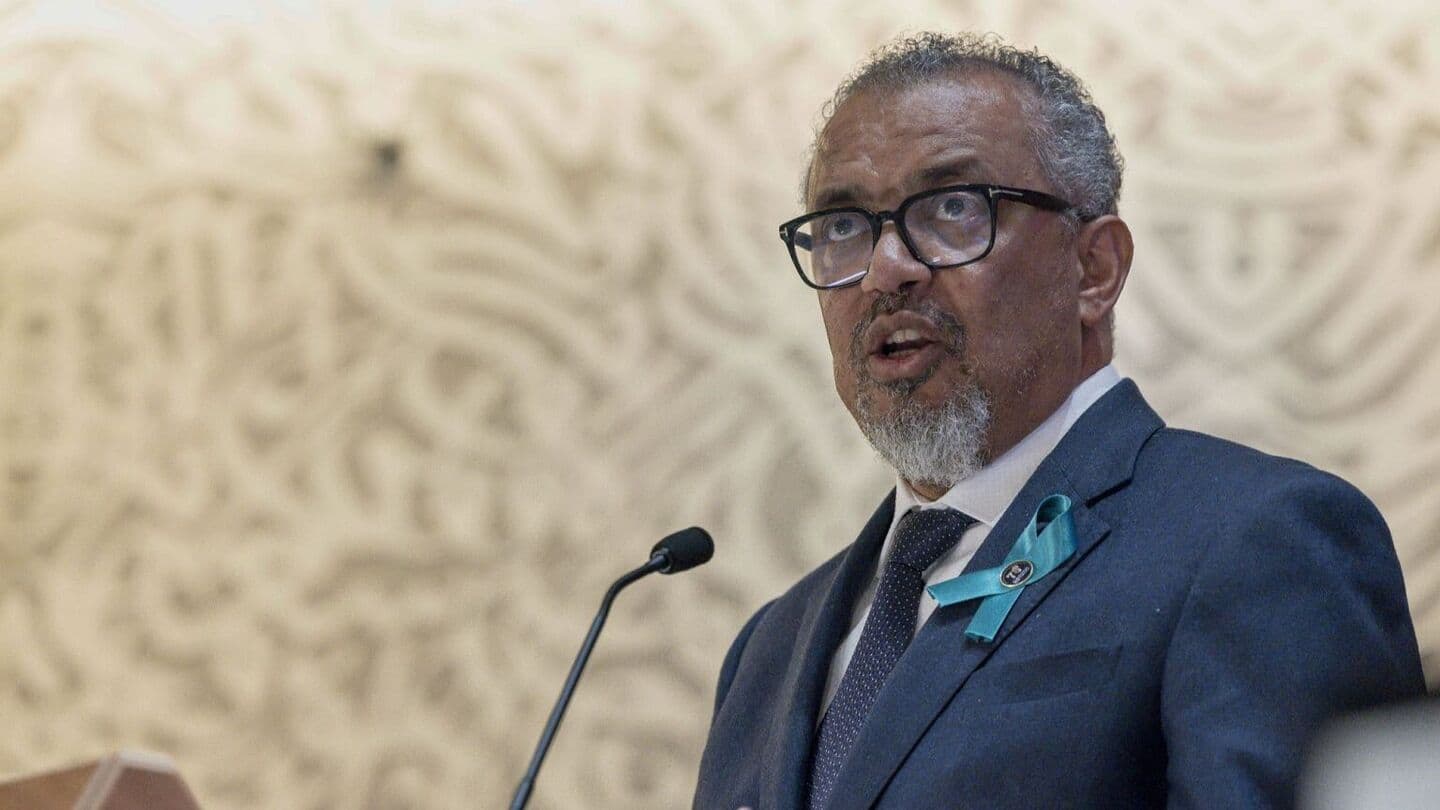
WHO adopts first-ever pandemic treaty—Will it make a difference?
What's the story
The World Health Organization (WHO) has adopted the first-ever global pandemic treaty, aimed at preventing and responding to future pandemics. The decision was taken during the annual meeting of WHO member states, where 124 votes were in favor of the agreement with no opposition and 11 abstentions. The United States, historically a major contributor to WHO funding and involved in drafting the treaty, was absent from this meeting due to its planned withdrawal from WHO membership under President Donald Trump.
Agreement goals
Treaty aims to strengthen global health architecture
The 30-page treaty seeks to bolster international cooperation for better pandemic prevention, preparedness, and response. It emphasizes equitable access to diagnostics, vaccines, and therapeutics, an aspect that was severely lacking during the COVID-19 pandemic. WHO Director-General Dr. Tedros Adhanom Ghebreyesus hailed the agreement as "a victory for public health, science and multilateral action." He added that it would help protect societies from future pandemic threats and prevent losses similar to those suffered during COVID-19.
Impact
Is the treaty potent?
The agreement's ultimate impact remains unclear, especially since it lacks enforcement mechanisms and robust funding, especially in light of the US's withdrawal, which contributed roughly 20% of the WHO's budget. The agreement's implementation hinges on 60 countries ratifying it internally, a process that could take over a year. One contentious issue yet to be resolved is how wealthy countries will share tests, vaccines, and treatments with lower-income nations in exchange for data required for developing these interventions.
Expert opinion
Health officials optimistic despite uncertainties
Despite these challenges, health officials remain hopeful about the treaty's potential. Alexandra Phelan, a global health lawyer at Johns Hopkins Center for Health Security, called it "a huge milestone" and a starting point for building capacities and trust. Helen Clark, co-chair of the Independent Panel for Pandemic Preparedness and Response, called it "a foundation from which to build." She warned that gaps still exist in finance and equitable access to medical countermeasures.
US reaction
US health secretary criticizes WHO and new agreement
Meanwhile, Dr. Teodoro Herbosa, president of this year's World Health Assembly, stressed the urgent implementation of critical elements like equitable access to life-saving products. "The WHO Pandemic Agreement offers a once-in-a-lifetime opportunity to build on lessons learned from that crisis," he said. The US, on the other hand, criticized both the WHO and the newly adopted agreement. Health Secretary Robert F Kennedy Jr said it would "lock in all the dysfunctions of the WHO pandemic response" during COVID-19.